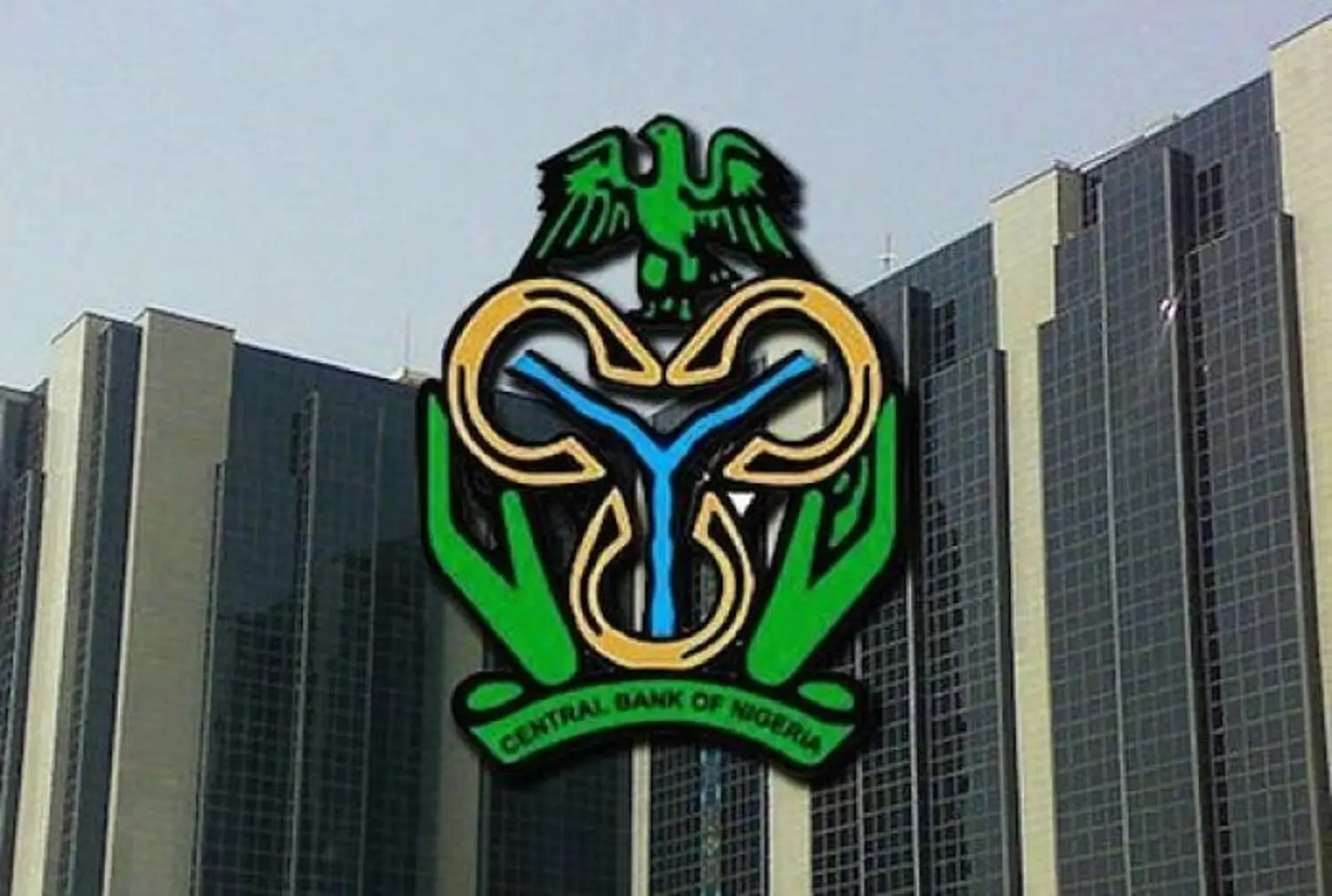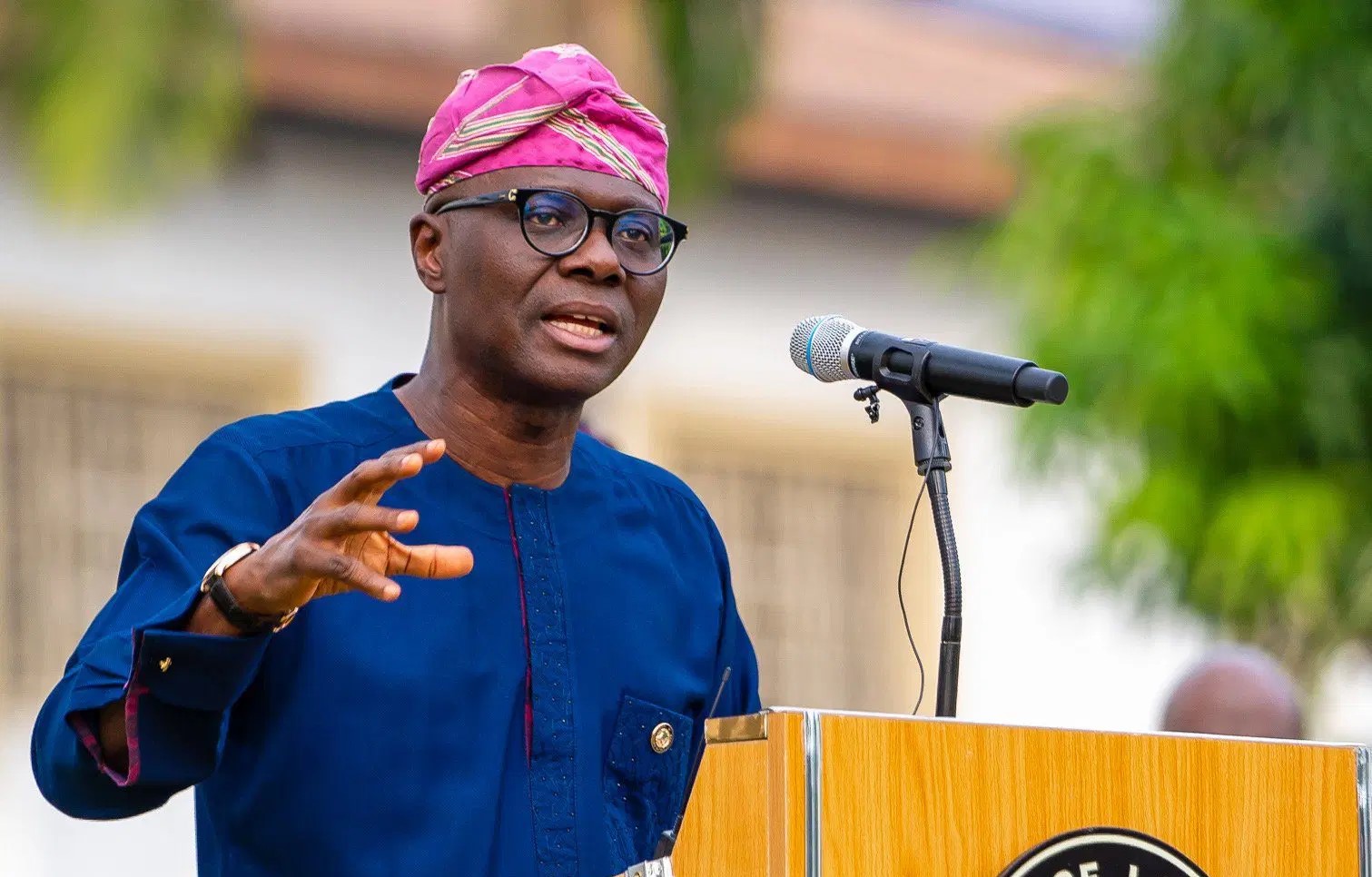Nigeria’s economy grew at its fastest pace in nearly ten years in 2024, according to a new World Bank report released on Monday.
The growth was driven by strong fourth-quarter performance and improved fiscal conditions. However, the World Bank warned that high inflation remains a serious challenge.
The World Bank’s Lead Economist for Nigeria, Alex Sienaert, said that the economy expanded by 4.6% year-on-year in the fourth quarter of 2024. He noted signs of continued growth into early 2025, citing business activity indicators.
President Bola Tinubu’s economic reforms played a major role in shaping this growth. His administration removed petrol subsidies, reduced electricity allowances, and devalued the naira twice. These measures increased inflation but set the foundation for long-term economic transformation.
Foreign Exchange and Fiscal Improvements
The World Bank projects Nigeria’s GDP to grow by 3.6% in 2025. Sienaert highlighted that foreign exchange reforms have led to “a market-reflective, unified and stable exchange rate,” allowing the Central Bank to rebuild its official reserves, now exceeding $37 billion.
Government revenue increased by 4.5% of GDP in 2024, reaching ₦31.9 trillion. This was driven by the removal of foreign exchange subsidies, improved tax collection, and higher remittance inflows. The fiscal deficit dropped from 5.4% of GDP in 2023 to 3% in 2024.
Despite these gains, inflation remains a major problem.
The World Bank projects Nigeria’s inflation rate to average 22.1% in 2025. Sienaert stressed the need for “tight monetary policy and disciplined fiscal management” to sustain economic stability.
The report also urged the government to ensure that revenue gains from subsidy removal are fully realized. It recommended expanding cash transfer programs to support vulnerable Nigerians.
Rate, Like 👍, Comment, share this article and Follow us on our social media handles.







